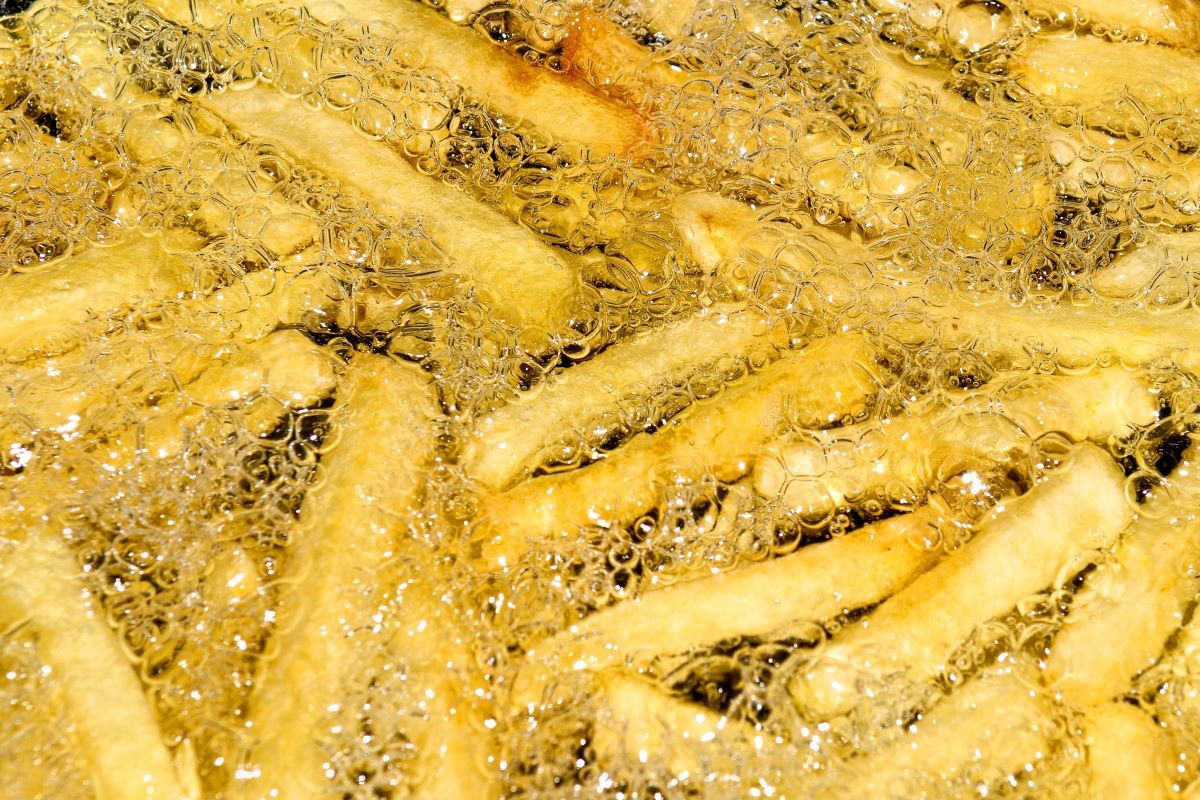
Introduction:
Deep frying is a popular cooking technique used to prepare crispy, delicious foods such as french fries, chicken nuggets, and onion rings. However, along with the tasty results, deep frying also produces a considerable amount of used oil that needs to be disposed of properly. Improper disposal of deep frying oil can lead to serious environmental and health hazards. In this blog article, we will explore the different methods of deep frying oil disposal, the importance of proper disposal, and some tips to make the process easier.
Section 1: Why is Proper Disposal of Deep Frying Oil Important?
Proper disposal of deep frying oil is crucial for several reasons. Firstly, used deep frying oil can be a major source of environmental pollution. When disposed of improperly, the oil can seep into the soil and contaminate water sources, leading to harm to plants, animals, and humans. Secondly, used deep frying oil can also clog pipes and sewer systems if poured down the drain, resulting in costly repairs. Improper disposal of deep frying oil can also attract pests and insects, creating a nuisance and potential health hazards. Lastly, used deep frying oil can produce harmful fumes when burnt, leading to air pollution and potential health risks for those in the vicinity.
Section 2: Methods of Deep Frying Oil Disposal
There are several ways to dispose of deep frying oil, and each method has its own benefits and drawbacks. Let's take a closer look at the different methods of deep frying oil disposal.
1. Recycling:
Recycling is one of the most environmentally friendly ways to dispose of deep frying oil. The used oil can be collected and taken to a recycling center where it is converted into biodiesel fuel. Biodiesel is a renewable, clean-burning fuel that can be used in diesel engines, making it a sustainable alternative to traditional fossil fuels. Additionally, recycling used deep frying oil helps reduce the demand for new oil production, which can have a positive impact on the environment.
2. Composting:
Composting is another
eco-friendly method of deep frying oil disposal. Used oil can be added to a compost bin along with other organic waste, such as food scraps and yard trimmings. This method not only helps to reduce waste but also adds nutrients to the compost, making it a valuable soil amendment for gardening. However, it is essential to note that only small amounts of deep frying oil should be added to a compost bin as large quantities may attract pests.
3. Disposal in Solid Waste Bins:
One of the most common methods of deep frying oil disposal is to pour it into a sealable container and then dispose of it in a solid waste bin. This method is relatively simple and convenient, but it also has its drawbacks. The oil can end up in landfills, where it may take years to decompose, causing harm to the environment. Additionally, if the oil is not properly sealed in a container, it can leak and create a mess.
4. Donation:
If you have a large amount of deep frying oil that you no longer need, consider donating it to local food banks or soup kitchens. These organizations often use deep frying oil to cook meals for those in need. However, before donating, make sure to contact the organization beforehand to find out if they accept used cooking oil and if there are any specific guidelines for donation.
Section 3: Tips for Easier Deep Frying Oil Disposal
Disposing of deep frying oil can be a messy and tedious task, but with these tips, you can make the process easier.
1. Strain the Oil:
Before disposing of deep frying oil, make sure to strain it through a fine-mesh sieve or cheesecloth to remove any food particles or debris. This will prevent clogging and make it easier to recycle or compost the oil.
2. Let it Cool:
Handling hot oil can be dangerous, so it is essential to wait for the oil to cool down before disposing of it. Hot oil can cause severe burns and can also melt plastic containers, making them prone to leakage.
3. Use an Oil Disposal Container:
Investing in an oil disposal container can make the process of disposing of deep frying oil more manageable. These containers are specifically designed to store used cooking oil and come with features such as a strainer, a pour spout, and a sealable lid, making them safe and easy to use.
4. Store in a Cool, Dark Place:
If you are not planning to dispose of the used oil immediately, make sure to store it in a cool, dark place, away from direct sunlight. Exposure to light and heat can cause the oil to spoil, making it unusable for recycling or composting.
5. Use in Other Cooking Applications:
If The Art of Deep Frying,
seoulartacademy.co.kr, used deep frying oil is still in good condition, you can use it in other cooking applications, such as frying foods with a similar flavor profile. This will not only save you money but also reduce the amount of oil to be disposed of.
Section 4: Conclusion
In conclusion, proper disposal of deep frying oil is
crucial for the environment and our health. With the various methods of disposal available, it is essential to choose the most environmentally friendly option. Additionally, by following some tips, we can make the process of deep frying oil disposal more manageable and less messy. By being responsible and mindful of our actions, we can help reduce the negative impact of used cooking oil on our planet. So, the next time you deep fry your favorite foods, make sure to dispose of the used oil properly.